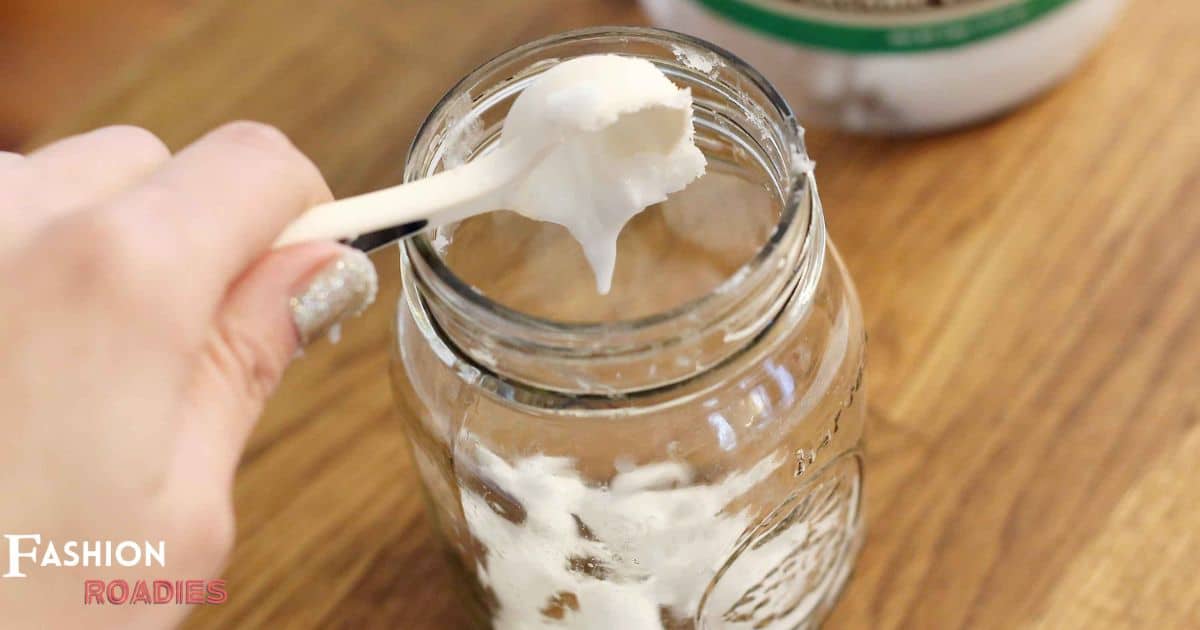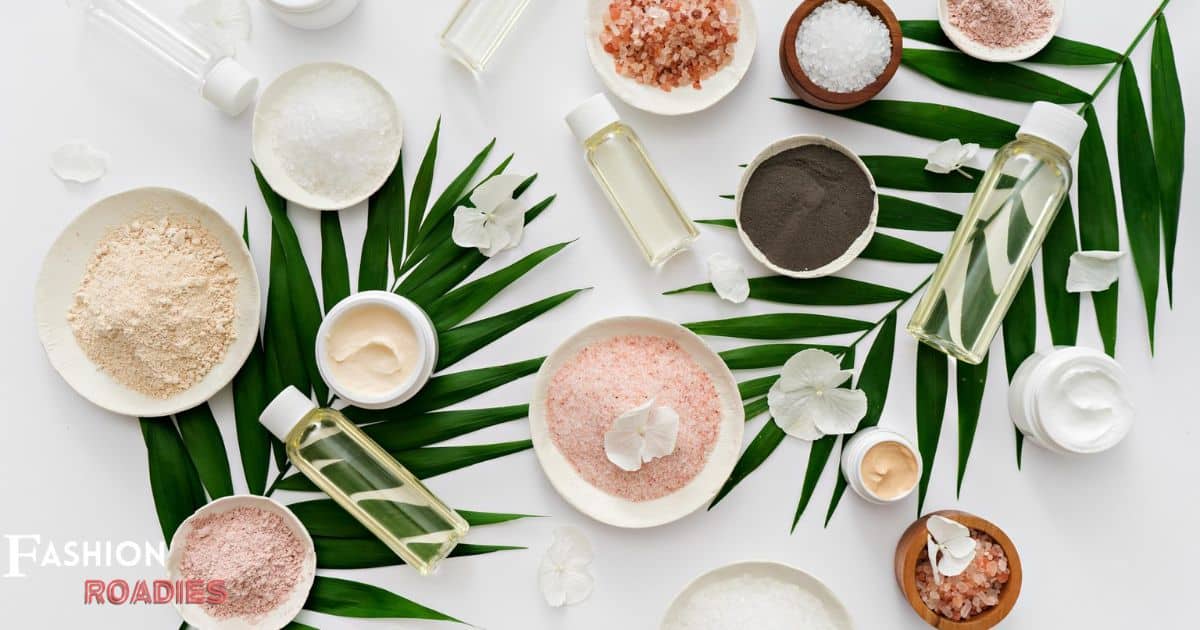Welcome to our informative guide on how to make homemade skin care. In this article, we will explore the numerous benefits of creating your own skincare products, as well as provide you with essential ingredients, DIY face masks, body scrubs, and natural remedies for common skin issues. Additionally, we will offer valuable tips on how to personalize your skincare routine. With our expert advice, you can embark on a journey towards healthy, radiant skin that will make you feel confident and belong to a community of skincare enthusiasts.
Key Takeaways
- Homemade skin care is a safer and chemical-free option that promotes healthier and younger-looking skin.
- Natural ingredients in homemade skin care provide antioxidant protection for the skin.
- Homemade skin care allows for customization based on individual preferences and budget.
- Making homemade skin care products can be cost-effective and offer significant savings compared to commercial products.
The Benefits of Homemade Skin Care
The article will now explore the benefits of homemade skin care. One of the main advantages of using homemade skin care products is the use of natural ingredients. Commercial products often contain harsh chemicals that can irritate the skin and cause long-term damage. By using natural ingredients, such as fruits, vegetables, and essential oils, you can nourish your skin without the worry of harmful side effects. Another benefit of homemade skin care is the role of antioxidants. Antioxidants help to protect the skin from free radicals, which can cause premature aging and damage. By incorporating antioxidant-rich ingredients, such as green tea, vitamin C, and pomegranate extract, into your homemade skincare routine, you can promote healthier, younger-looking skin. With these benefits in mind, let’s now move on to discussing the essential ingredients for homemade skin care.
Essential Ingredients for Homemade Skin Care
When it comes to homemade skin care, one of the key considerations is choosing between natural and synthetic ingredients. Natural ingredients are often preferred as they are gentle on the skin and free from harsh chemicals. Additionally, it is important to take into account your specific skin type when selecting ingredients, as different skin types have different needs. Lastly, making your own skin care products can be a cost-effective alternative to purchasing expensive commercial products, allowing you to tailor the ingredients to your preferences and budget.
Natural Vs. Synthetic
In the realm of homemade skin care, a key consideration is the comparison between natural and synthetic ingredients. While both types have their benefits, it is important to understand the differences and the potential environmental impact.
- Natural ingredients: These are derived from plants, minerals, or animals, and are often considered safer for the skin as they contain fewer chemicals. They are also biodegradable, making them more environmentally friendly.
- Synthetic ingredients: These are artificially created in laboratories and often contain chemicals that may not be found in nature. While they can be effective in achieving desired results, they may also have a higher potential for causing skin irritations or allergies.
- Environmental impact: Natural ingredients are generally more sustainable and eco-friendly as they are sourced from renewable resources. Synthetic ingredients, on the other hand, may contribute to pollution during their production and disposal.
Considering the environmental impact of the ingredients used in homemade skin care is crucial for those who desire to be more conscious of their ecological footprint. Now, let’s delve into the next topic: skin type considerations.
Skin Type Considerations
Understanding your skin type is crucial for selecting the essential ingredients needed for homemade skin care. Different skin types have different needs, and using the right ingredients can help address specific concerns and improve overall skin health. Here are some skin care tips to consider when choosing products for your skin type:
| Skin Type | Essential Ingredients |
|---|---|
| Dry Skin | Hyaluronic acid, shea butter, avocado oil |
| Oily Skin | Salicylic acid, tea tree oil, witch hazel |
| Combination Skin | Aloe vera, jojoba oil, green tea extract |
| Sensitive Skin | Chamomile, oatmeal, rosehip oil |
| Aging Skin | Retinol, vitamin C, peptides |
DIY Cost Effectiveness
For those looking to save money, incorporating cost-effective essential ingredients into homemade skin care is a wise choice. Not only do homemade alternatives offer significant cost savings compared to store-bought products, but they also allow you to customize your skincare routine to suit your specific needs. Here are three essential ingredients that are not only affordable but also highly effective in improving the health and appearance of your skin:
- Coconut oil: This versatile ingredient is rich in fatty acids and antioxidants, making it a great moisturizer for all skin types.
- Honey: Known for its antibacterial properties, honey is a natural humectant that helps retain moisture, making it ideal for dry and sensitive skin.
- Aloe vera: This soothing plant extract is packed with vitamins and minerals that nourish and hydrate the skin, making it perfect for calming inflammation and treating acne.
Easy DIY Face Masks for All Skin Types
One can easily create DIY face masks suitable for all skin types. Whether you have dry, oily, or sensitive skin, homemade face masks can provide nourishment and rejuvenation. For those with dry skin, a hydrating face mask made with ingredients like honey, avocado, and yogurt can restore moisture and soothe any irritation. On the other hand, individuals with oily skin can benefit from a clay-based face mask that helps to control excess oil and minimize pores. For those with sensitive skin, a gentle face mask made with ingredients like oatmeal, chamomile, and aloe vera can help calm and reduce redness. Additionally, homemade lip balms and soothing eye masks can provide targeted care for these delicate areas. Moving forward, let’s explore homemade body scrubs for smooth and radiant skin.
Homemade Body Scrubs for Smooth and Radiant Skin
When it comes to homemade body scrubs, using natural ingredients is key. Ingredients such as sugar, coffee grounds, and sea salt are commonly used for their exfoliating properties. Exfoliation techniques, like gentle circular motions, help remove dead skin cells and promote smoother and more radiant skin. Homemade body scrubs offer the benefit of being customizable to your specific skin needs, allowing you to create a scrub that suits your preferences and addresses any specific concerns you may have.
Natural Ingredients for Scrubs
A variety of essential oils can be used to create invigorating and effective homemade body scrubs for smooth and radiant skin. These natural ingredients not only exfoliate the skin but also provide nourishment and hydration. Here are three essential oils that you can incorporate into your DIY exfoliants and homemade face masks:
- Lavender Oil: Known for its calming and soothing properties, lavender oil helps to relax the mind while gently exfoliating the skin. It is perfect for a relaxing spa-like experience.
- Lemon Oil: Packed with vitamin C, lemon oil brightens the skin and helps to reduce dark spots and blemishes. It also has a refreshing citrus scent that uplifts the senses.
- Peppermint Oil: With its cooling effect, peppermint oil invigorates the skin and promotes blood circulation, leaving your skin feeling refreshed and revitalized.
Exfoliation Techniques for Skin
The proper exfoliation technique for achieving smooth and radiant skin is by using homemade body scrubs that contain natural ingredients. Gentle exfoliation is key to removing dead skin cells and revealing a fresh layer of skin. It is important to exfoliate regularly, but not too frequently, to avoid damaging the skin. A general guideline for exfoliation frequency is 1-2 times per week for normal skin, and 1 time per week for sensitive skin. Homemade body scrubs offer a gentle and effective way to exfoliate the skin. They can be customized with various natural ingredients such as sugar, salt, coffee grounds, and oatmeal to suit different skin types and address specific skin concerns. Now let’s explore the benefits of using homemade scrubs for your skin.
Benefits of Homemade Scrubs
Using homemade body scrubs can provide a multitude of benefits for achieving noticeably smoother and more radiant skin. Here are three reasons why incorporating homemade scrub recipes into your skincare routine can be beneficial:
- Exfoliation: Homemade scrubs help to remove dead skin cells, dirt, and impurities from the surface of your skin. This process promotes cell turnover and allows new, healthier skin cells to emerge. Regular exfoliation can improve skin texture, reduce the appearance of blemishes, and even out skin tone.
- Improved Circulation: The act of massaging homemade scrubs onto your skin helps to stimulate blood flow. This increased circulation brings more oxygen and nutrients to the skin, giving it a healthy glow and promoting a youthful appearance.
- Nourishment and Hydration: Homemade scrubs often contain natural ingredients that not only exfoliate but also nourish and hydrate the skin. Ingredients like sugar, honey, and coconut oil can help moisturize and soften the skin, leaving it feeling smooth and supple.
In the next section, we will explore natural remedies for common skin issues.
Natural Remedies for Common Skin Issues
Addressing common skin issues with natural remedies can provide effective and gentle solutions. When it comes to acne, natural remedies can be a great alternative to harsh chemical treatments. Tea tree oil, for example, has antibacterial properties that can help reduce inflammation and prevent acne breakouts. Another natural remedy for acne is witch hazel, which helps to control oil production and soothe irritated skin. For those dealing with dry skin, homemade remedies can provide much-needed moisture and hydration. Ingredients like honey, yogurt, and avocado are all rich in vitamins and antioxidants that nourish and moisturize the skin. Additionally, coconut oil can be used as a natural moisturizer to soften and hydrate dry skin. By incorporating these natural remedies into your skincare routine, you can address common skin issues in a gentle and effective way.
Tips for Creating a Personalized Skincare Routine
One important aspect of creating a personalized skincare routine is understanding that everyone’s skin is unique and requires different care. To help you create a skincare routine tailored to your specific needs, here are three tips to consider:
- Determine your skin type: Knowing your skin type is essential for choosing the right products. Whether you have oily, dry, combination, or sensitive skin, understanding your skin type will guide you in selecting the appropriate cleansers, moisturizers, and treatments.
- Identify your skincare goals: Are you looking to address acne, reduce fine lines, or improve overall skin texture? Knowing your skincare goals will help you select the right products and treatments to achieve the desired results.
- Seek skincare product recommendations: With countless skincare products available in the market, it can be overwhelming to choose the right ones. Consider seeking recommendations from dermatologists or skincare professionals who can suggest products suited to your skin type and concerns.
Frequently Asked Questions
Can I Use Homemade Skin Care Products if I Have Sensitive Skin?
If you have sensitive skin, it is important to choose skincare products carefully. While homemade remedies for dry skin can be an alternative, it is advisable to consult with a dermatologist to ensure they are suitable for your specific skin type.
How Often Should I Use Homemade Body Scrubs?
To properly utilize homemade body scrubs, it is recommended to use them 2-3 times a week. Using natural ingredients in these scrubs offers numerous benefits, such as exfoliating dead skin cells and promoting healthier-looking skin. Storing them in airtight containers can maximize their shelf life.
Are There Any Homemade Remedies for Acne-Prone Skin?
There are several homemade remedies for acne-prone skin that can be beneficial. Natural ingredients such as tea tree oil, apple cider vinegar, and honey have been found to have anti-inflammatory and antibacterial properties, which can help reduce acne breakouts.
Can I Use Essential Oils in Homemade Skin Care Products?
When considering the use of essential oils in homemade skin care products, it is important to prioritize safety. While essential oils can offer potential benefits, it is crucial to be aware of their potential side effects and use them judiciously.
Are There Any Homemade Remedies for Dark Under-Eye Circles?
Dark under-eye circles can be effectively treated with homemade remedies such as cucumber slices, cold tea bags, and almond oil. These natural ingredients offer numerous benefits for the skin, including hydration and nourishment.
Conclusion
In conclusion, homemade skin care offers numerous benefits, including the ability to tailor products to specific skin types and concerns. By using essential ingredients and following simple DIY recipes, individuals can create effective face masks and body scrubs for smooth and radiant skin. Additionally, natural remedies can address common skin issues. By incorporating these homemade products and remedies into a personalized skincare routine, individuals can achieve healthier and more vibrant skin.










